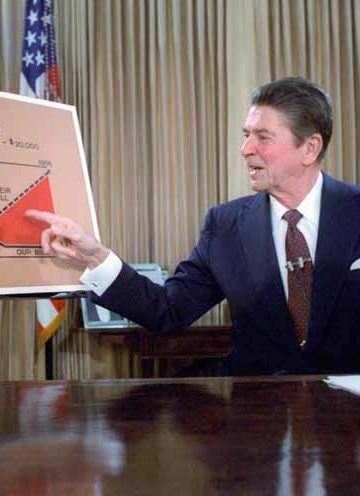
Theory and Practice in Government Policy
Christopher DeMuth
Hertog Foundation | 2013
Systematic ideas and organized knowledge have come to play a central role in American politics and government. Of course, ideas about good and bad policy have always been part of the competition for public office, but in earlier times ideas were often less important than loyalties—to party, class, and locality and to ethnic, religious, and occupational groups. Today, ideas have become much more organized, systematic, and influential. Ideologies such as “social conservative” and “progressive liberal” define the attitudes of many citizens toward candidates and officeholders. Academic fields such as economics and psychology supply highly developed frameworks for understanding and debating issues of public policy. Empirical techniques such as statistics and econometrics are used to interpret social and economic problems and to evaluate the results of government programs. Reflecting these developments, academics and intellectuals now figure prominently in politics and government, working out of think tanks, schools of public policy, journals and websites, and policy offices in the White House, Congress, and program agencies.
This course will study the influence of ideas in four areas of policy contention—taxation, regulation, welfare, and abortion. It will also consider the distinctive approach of one important school of political thought—the “neoconservatives” who congregated at the quarterly journal, The Public Interest, beginning in the late 1960s. An initial session will examine the tensions between abstract ideas and the practical requirements of politics and government. Then, turning to our four policy issues, we will read essays by leading neoconservatives—Irving Kristol, Edward C. Banfield, Daniel Patrick Moynihan, and James Q. Wilson—and consider the fate of their ideas in the world of politics and policymaking.
Image courtesy Ronald Reagan Presidential Library